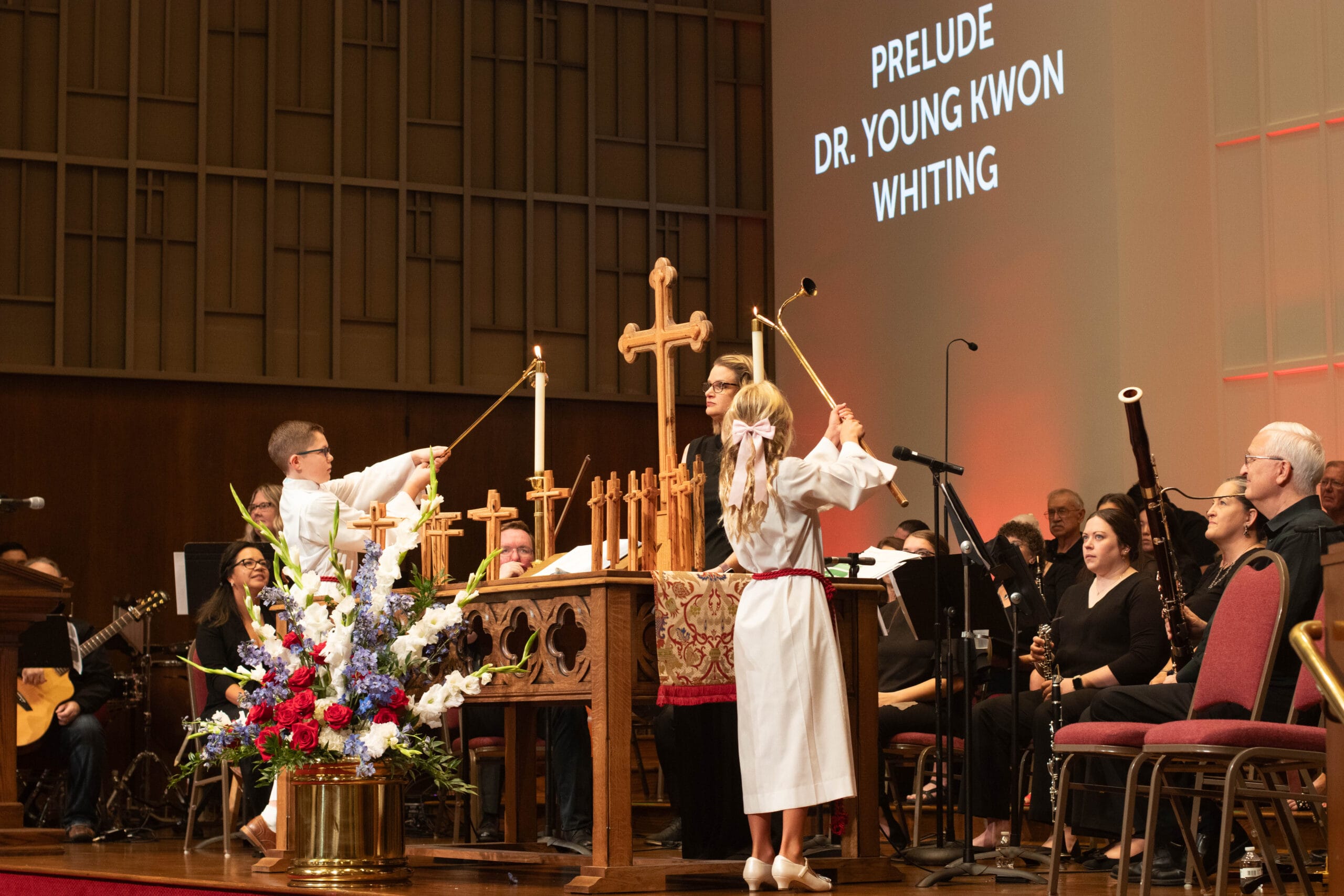Who We Are
Returning with Jesus to the goodness of the Garden
Pastoral Staff

Rev. Steve Brooks
Senior Pastor
(432) 682-3701 ext.224
(432) 559-0208 (cell)

Rev. Curtis Borden
Associate Pastor
(432) 682-3701

Melissa Shuler
Associate Pastor
(432) 682-3701 ext.269
Adult Ministries Staff
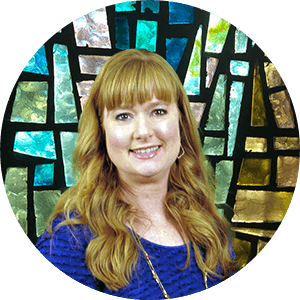
Kara Harris
Director of Events
(432) 682-3701 ext.228
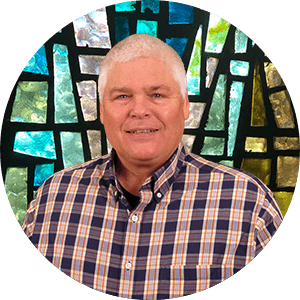
Wade Cobb
Director Celebrate Recovery
(432) 682-3701 ext.255
Children’s Ministry Staff

Mara Dolan
Co-Director of Children’s Ministry
(432) 682-3701 ext.232
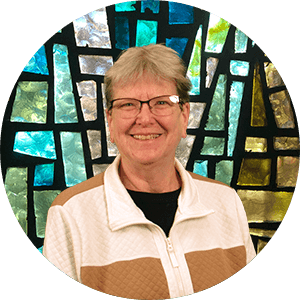
Ollie Kimbro
Director of Nursery
(432) 682-3701 ext.235

Raigan Blanco
Director of Children’s First
(432) 682-3701 ext.235

Victoria DePass
Children and Youth Ministry Asst.
(432) 682-3701 ext.243

Monica Tucker
Co-Director of Children's Ministry
(432) 682-3701
Music Ministries Staff
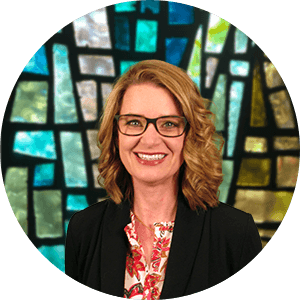
Beth Garza
Director of Worship Arts

Anna Jones
Music Assistant

Paul Taggart
Modern Worship Arts Director
(432) 682-3701

Dr. Young Kwon
Organist/Pianist
Office Staff

Amy Ybarra
Administrative Assistant
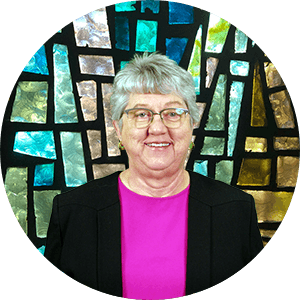
Lynda Johnson
Director of Finance

Betty Roy
Finance Assistant
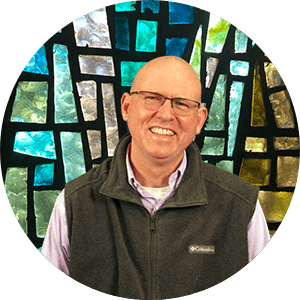
Ken Rowland
Director of Administrative and Technology

Victoria DePass
Kids and Youth Administrative Assistant

Nate Thomas
Communications Director

Tawny Blair
Communications Assistant
Youth Staff

KC Peoples
Youth Director

our beliefs
What are the Methodist Beliefs?
We celebrate a shared faith in Jesus Christ and His Gospel. Methodist doctrine is solidly rooted in the Scriptures and the ancient faith of the people of God. Our theology can be defined even more specifically as orthodox Protestant Christianity, flavored with the unique and distinctive ideology we have inherited from our founder, John Wesley. Beyond this, the Methodist Church encourages its members to think for themselves. Because of this, Methodists don’t necessarily share the same opinions about every faith issue or social concern.
As Methodists, we celebrate our joyful obligation to bear faithful witness to Jesus Christ and the difference He makes in our lives. We recognize and worship Christ as the living reality at the center of the Church’s life and mission. In order that we might faithfully carry out that mission, we strive for our thinking to grow ever deeper. That means ongoing, thoughtful, and prayerful reflection on our biblical and theological inheritance and striving to express faithfully the witness we make in our own time.
Sacraments
Methodists recognize the two sacraments in which Christ himself participated: Baptism and the Lord’s Supper.
Baptism
- Through baptism we are joined with the church and with Christians everywhere.
- Baptism is a symbol of new life and a sign of God’s love and forgiveness of our sins.
- Persons of any age can be baptized.
- We baptize by sprinkling, immersion or pouring.
- A person receives the sacrament of baptism only once in his or her life. If you would like to learn more about Baptism at First Methodist Midland, click here.
The Lord’s Supper (Holy Communion, Eucharist)
- The Lord’s Supper, or Holy Communion, is the sacrifice of praise and thanksgiving the church offers for all God has done, is doing, and will do to save and renew the whole creation through Jesus Christ.
- We offer ourselves and gifts of bread and wine, and we ask the Holy Spirit to bless us to be Christ’s body for the world, and the gifts to be for us the body and blood of Christ. We believe the Holy Spirit answers our prayers, “Yes!”
- As we receive the bread and wine, we are nourished and empowered for God’s mission in the world.
- The table around which we gather belongs to Christ. We invite all who love him, who earnestly repent of their sin and seek to be at peace with one another to offer themselves with us in praise and thanksgiving around the Lord’s table and receive his body and blood with us. First Methodist Midland offers Holy Communion the first Sunday of every month in all three worship services.

